AI and modern technology are related, but not exactly the same thing. AI is a subset of modern technology; not all modern technology is AI. However, AI is often enabled and enhanced by modern technological advancements. AI refers specifically to the development of computer systems that can perform tasks that typically require human intelligence while modern technology is a broader term that encompasses a wide range of latest advancements in various field. The impact of AI and modern technology on logistics has been transformative, reshaping nearly every aspect of the industry.
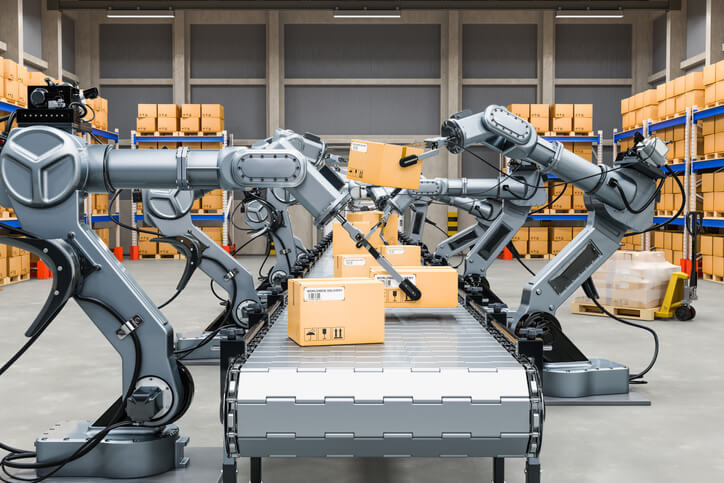
KEYWAYS AI AND MODERN TECHNOLOGY INFLUENCES LOGISTICS.
1. Enhanced Efficiency and Automation
Warehouse Operations: Robotics and automated systems powered by AI are streamlining picking, packing, and inventory management. Smart warehouses use autonomous vehicles and robotic arms to reduce human error and speed up operations.
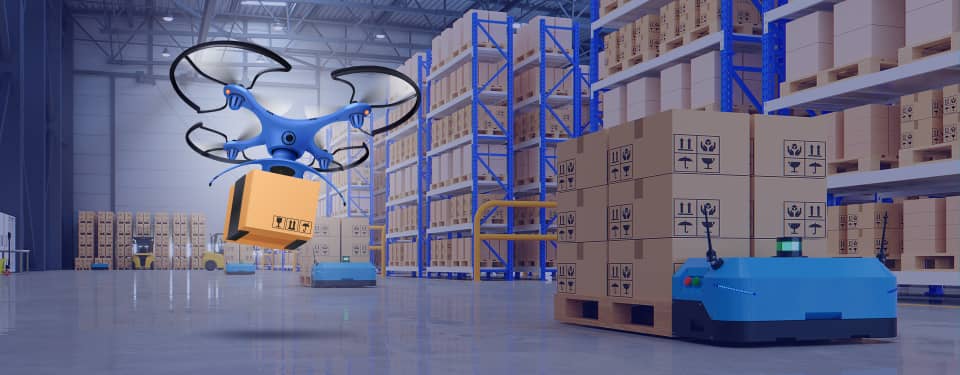
Transportation and Delivery: Autonomous vehicles and drones are being tested and implemented for last-mile delivery and long-haul transportation. These technologies can optimize routes, reduce fuel consumption, and increase delivery speed.
2. Improved Decision-Making Through Data Analytics
Predictive Analytics: AI algorithms analyze historical and real-time data to forecast demand, optimize inventory levels, and predict maintenance needs. This results in better planning and reduced waste.
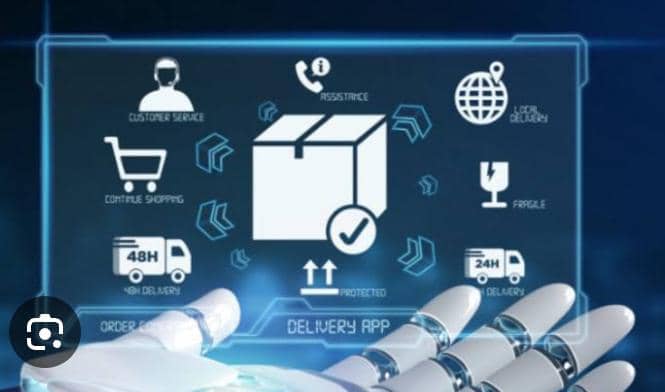
Dynamic Routing: Modern technology enables real-time traffic monitoring and weather forecasting, allowing logistics companies to dynamically adjust routes. This minimizes delays and reduces costs.
3. Cost Reduction and Increased Productivity
Operational Efficiency: Automation reduces manual labor and the likelihood of human error, which in turn lowers operational costs and increases throughput.
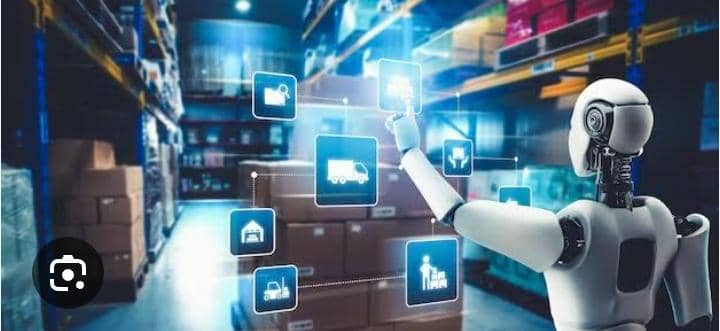
Inventory Management: With improved data analytics and machine learning, companies can maintain optimal inventory levels—balancing supply and demand more accurately and reducing holding costs.
4.Enhanced Customer Experience
Real-Time Tracking: Customers now have access to real-time tracking systems that provide up-to-date information on shipment status. This transparency builds trust and improves customer satisfaction.

Faster Deliveries: The integration of AI in logistics can lead to faster processing times and more reliable delivery schedules, ultimately leading to improved service levels.
5. Future Outlook
Continued Innovation: The integration of AI with emerging technologies like the Internet of Things (IoT), blockchain, and 5G is expected to further enhance logistics operations. This convergence will drive smarter supply chains that are more responsive and resilient.
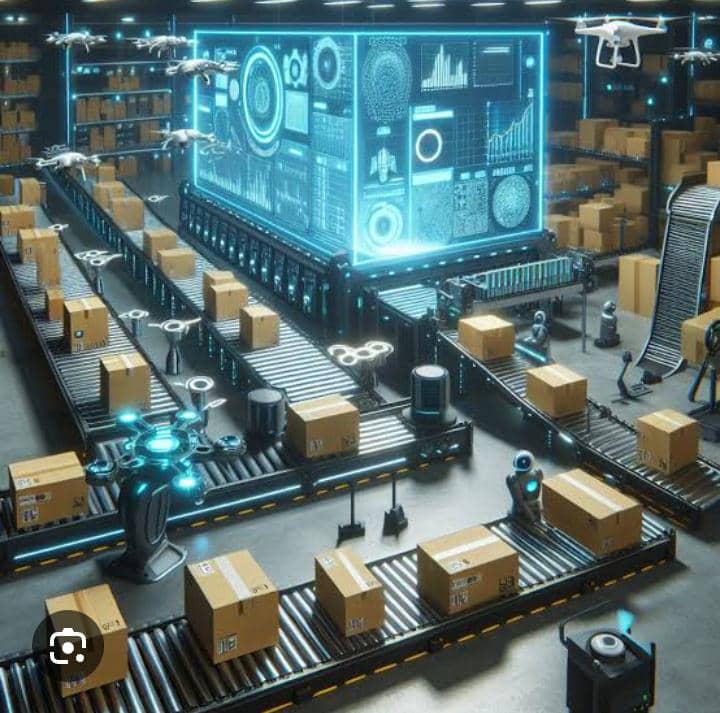
Sustainability: Advanced technologies can also contribute to greener logistics practices by optimizing routes, reducing emissions, and promoting energy-efficient operations.
CHALLENGES AND CONSIDERATIONS.
1. Workforce Transition: While automation boosts efficiency, it also shifts job requirements. The industry faces challenges related to workforce retraining and potential job displacement.
2. Cybersecurity Risks: Increased connectivity and reliance on data mean logistics systems are more vulnerable to cyber threats. Ensuring robust cybersecurity measures is essential.
3. Integration Costs: Implementing cutting-edge technologies can require significant investment in infrastructure and training. Small and mid-sized companies may face difficulties in keeping up with larger players.
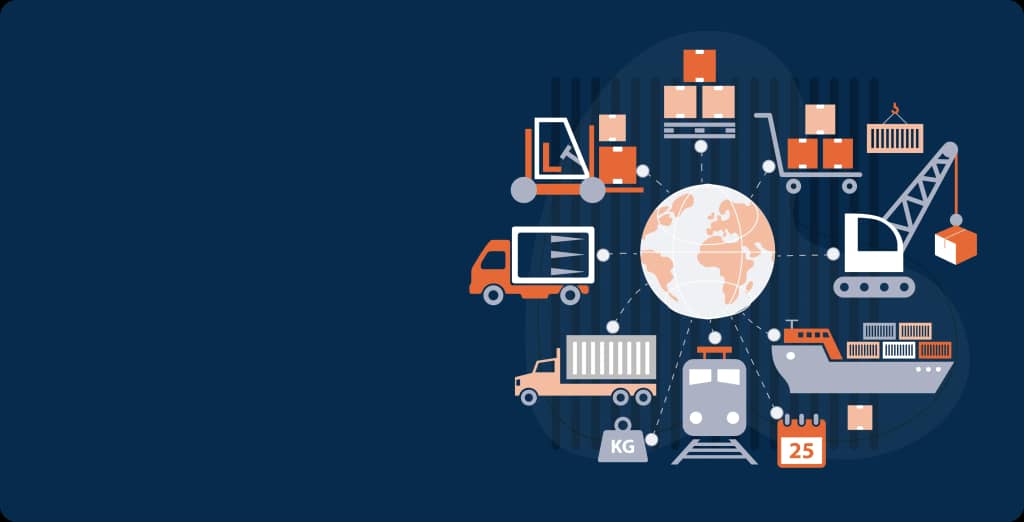
In summary, AI and modern technology are not only driving efficiency and cost savings in logistics but are also paving the way for smarter, more responsive supply chains. While the benefits are significant, companies must navigate challenges like workforce changes, cybersecurity, and high integration costs to fully harness these innovations.